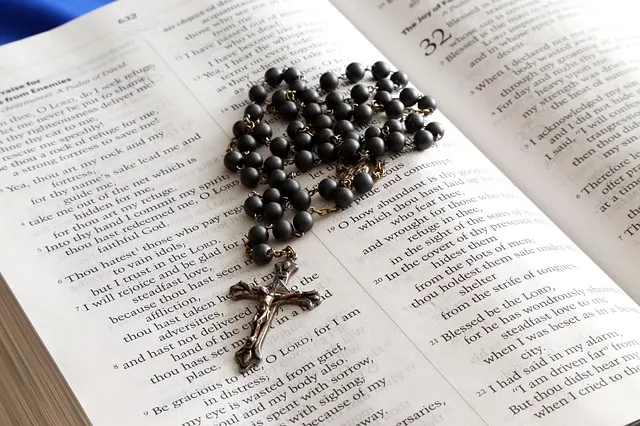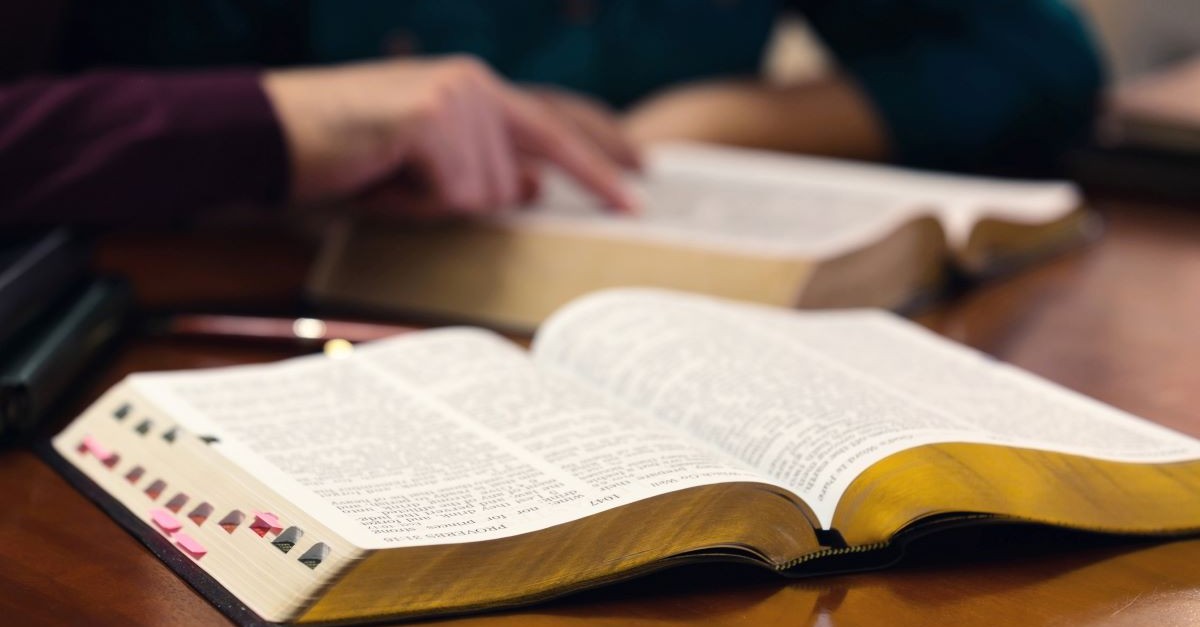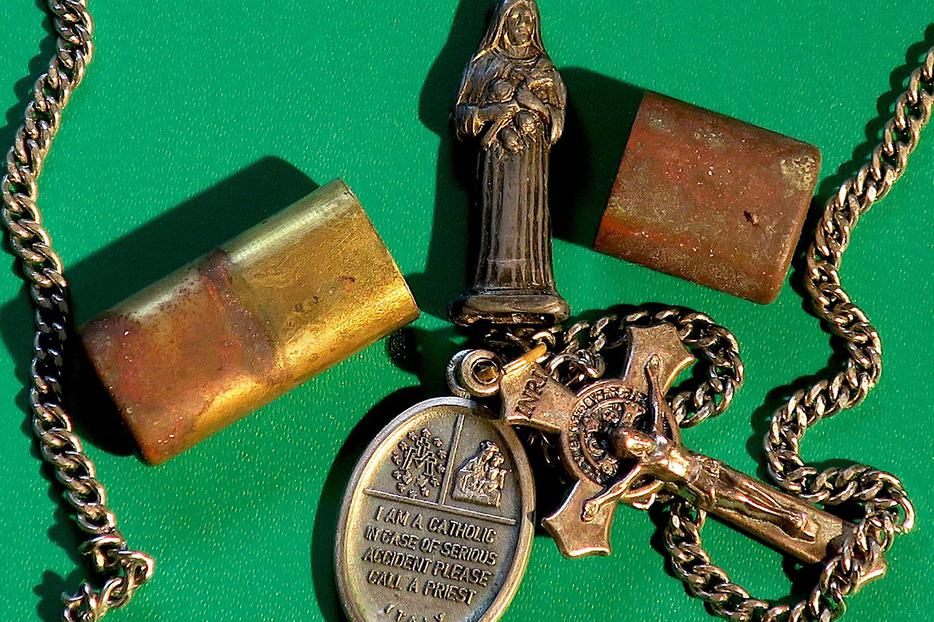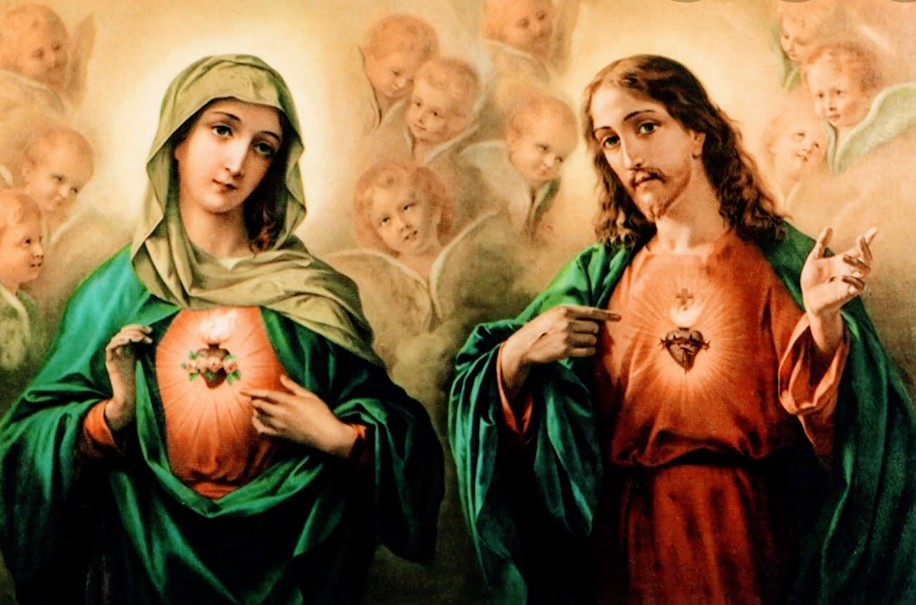
Category: Catholic Motivation
-

The Bible is a Catholic Book!
Read More: The Bible is a Catholic Book!Download below for Free Powered By EmbedPress
-

Which Bible Should We Read?
Read More: Which Bible Should We Read?Please Download Below! Powered By EmbedPress
-

Talking to God From Your Bed or Chair!
Read More: Talking to God From Your Bed or Chair!🕊️ Talking to God From Your Bed or Chair Prayer Is Never Limited by Age or Strength ✝️ God Hears You Always Dear beloved soul, Even if your body is tired, your hands weak, or your feet cannot carry you far, you can still pray with your whole heart. Prayer does not need movement or…
-

Sacramentals | FREE Resources
Read More: Sacramentals | FREE ResourcesYou can download resources for free below! Three Hail Marys Roman Ritual Catholic Christian Sacramentals Powered By EmbedPress Powered By EmbedPress Powered By EmbedPress
-

URGENT ANGUERA: PROPHECY, SCIENCE AND MYSTERY: WHAT COULD 3I/ATLAS MEAN?
Read More: URGENT ANGUERA: PROPHECY, SCIENCE AND MYSTERY: WHAT COULD 3I/ATLAS MEAN?Powered By EmbedPress 🔥 ANGUERA URGENT: Prophecy, Science, and Mystery — What Could 3I/ATLAS Mean? October 23 – Peace and blessings in the name of the Father, the Son, and the Holy Spirit.Praised be Our Lord Jesus Christ, forever praised with our Most Holy Mother Mary. 🌌 NASA’S MYSTERIOUS DISCOVERY ABOVE US Recently, news…
-

MUST DO! Life Offering and the Novena in honor of the Sacred Heart of Jesus and the Immaculate Heart of Mary
Read More: MUST DO! Life Offering and the Novena in honor of the Sacred Heart of Jesus and the Immaculate Heart of MaryDownload below for free! Powered By EmbedPress Powered By EmbedPress
-

3 Steps to Wisdom According to a Saint (Number 2 Will Shock You)
Read More: 3 Steps to Wisdom According to a Saint (Number 2 Will Shock You)St. Bernard’s 3 Tips to Gain Wisdom (One Will Surprise You) When we think of wisdom, we often imagine philosophers surrounded by books, or people with advanced degrees who seem to have all the answers. But St. Bernard of Clairvaux, a 12th-century monk and one of the great spiritual teachers of the Church, taught…
Search
Popular Posts
-
The Bible is a Catholic Book!
Download below for Free Powered By EmbedPress
-
Which Bible Should We Read?
Please Download Below! Powered By EmbedPress
Categories
Archives
Tags
#Miracles (106) 2023 (4) 2024 (4) approved miracles (2) catholic (148) catholic blog (395) catholic meditations (7) catholic miracles (391) catholic motivation (2) catholic news (385) catholic prayers (4) CatholicSeers (373) catholic vlog (394) catholic websites (6) Eucharistic miracle (2) fr jim blount (3) GisellaCardia (11) hamas (3) imitation of christ (2) Israel (4) israel live (5) Israel news (9) jesus (3) jesus christ (4) Latest messages (11) lent 2023 (10) lent 2024 (4) lent homily (2) lent retreat (4) lent retreat 2023 (3) Lourdes (2) messages from god (6) MessagesFromHeaven (381) miracles of catholic church (2) mother and refuge (2) ourlady (329) OurLadyApparitions (22) our lady of lourdes (2) Pope (2) POPE francis (3) pope francis news (2) prayers (3) real miracles (367) sacred heart of jesus (2) The Miracles of Lourdes (2)





